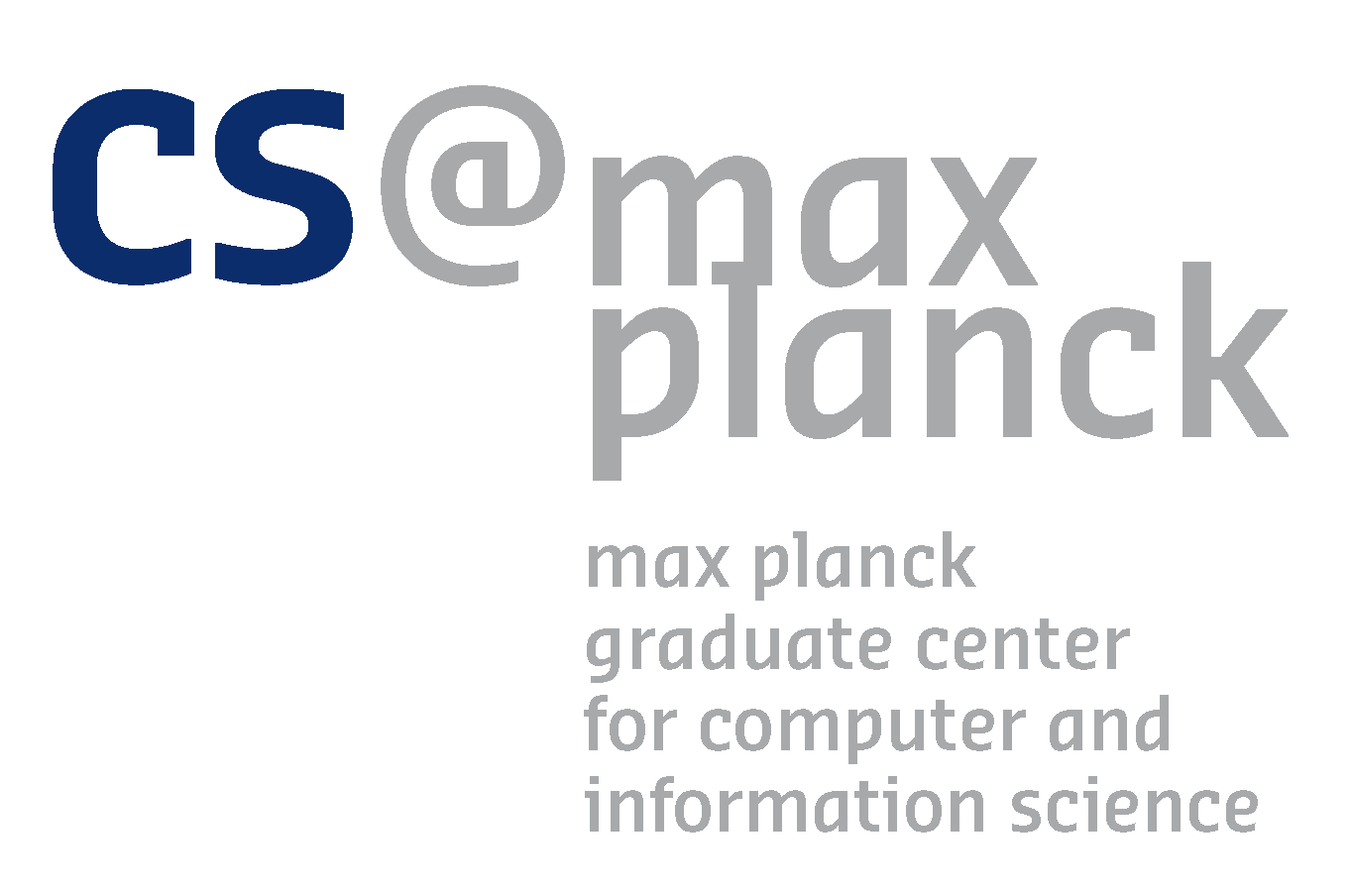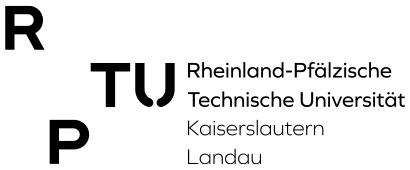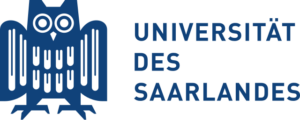Overview
CS@max planck is a highly selective doctoral program that grants admitted students full financial support to pursue doctoral research in the broad area of computer and information science, with faculty at Max Planck Institutes and some of the best German universities.
To qualify for the program, students must hold a Bachelor’s or Master’s degree in computer science (or a related field) and have an outstanding academic record. We especially encourage applications from students who wish to explore research across the CS spectrum before committing to a topic and advisor.
Students normally start their graduate studies at the Saarland Informatics Campus in Saarbrücken. While taking courses, they have the opportunity to explore research in different areas as part of immersion labs at different MPIs and universities. Latest in the 4th semester, they take the qualifying exam and start work with their chosen research advisor(s) at any of the participating MPIs or universities.








